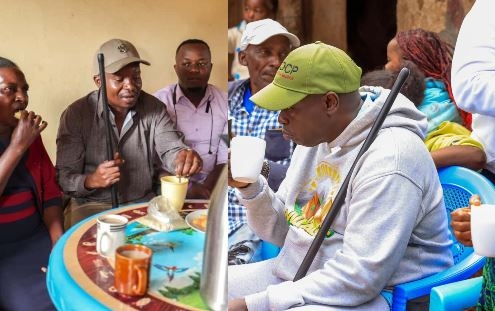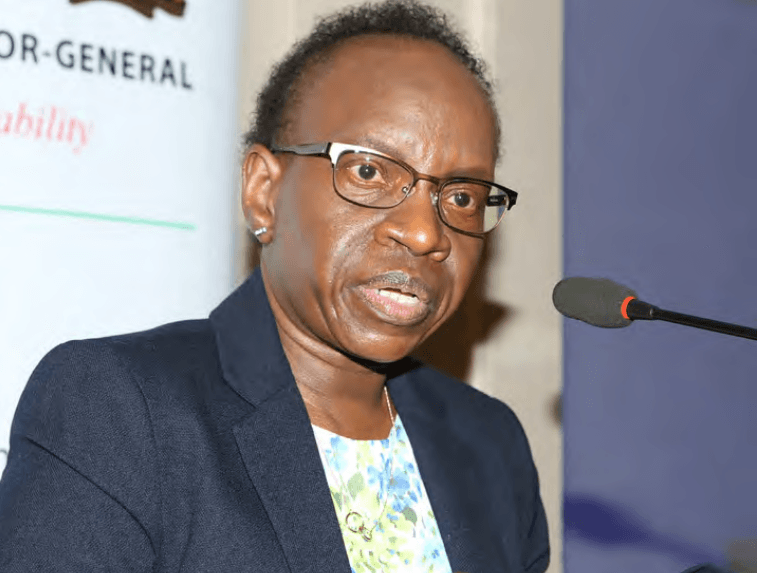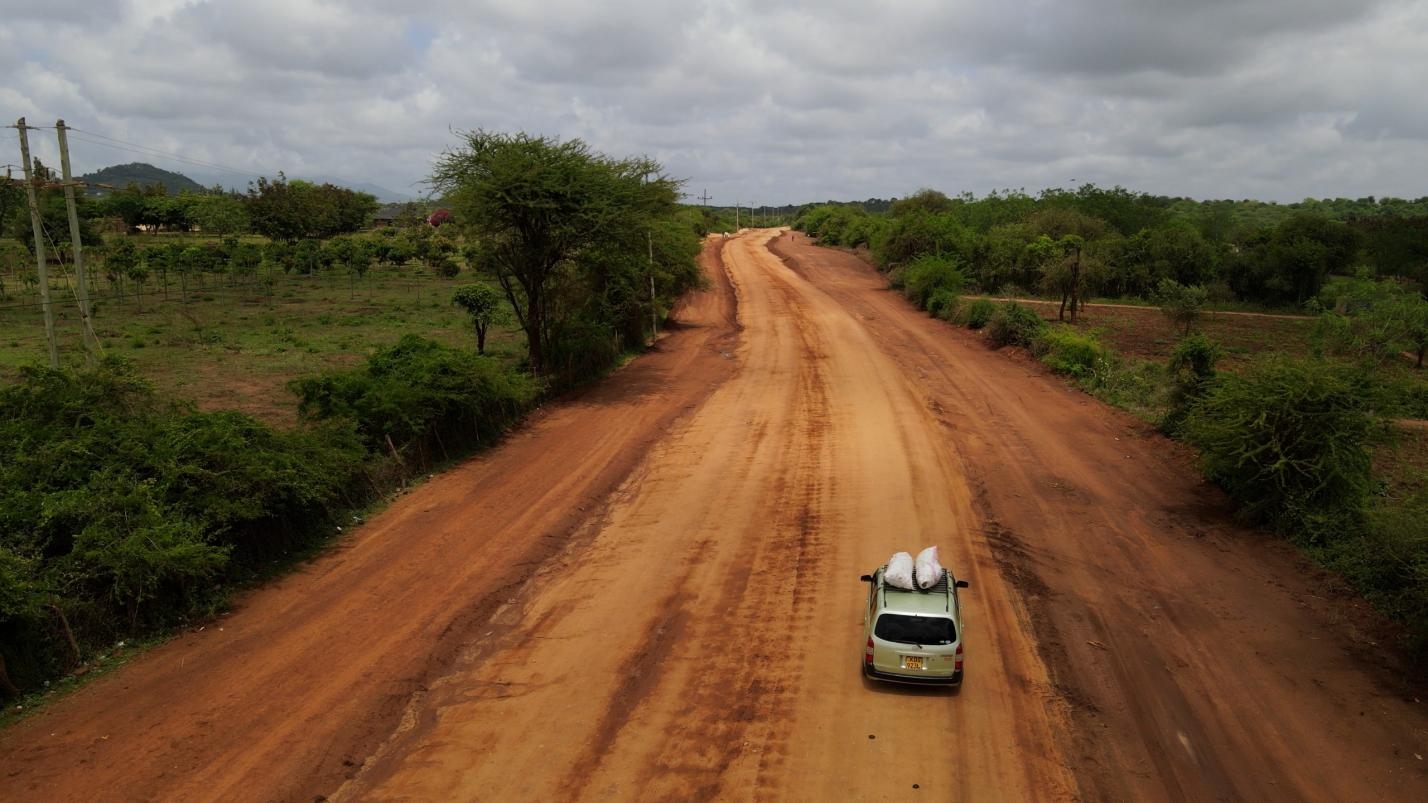The government has embarked on beef and leather value chain development to create jobs and enhance livelihoods especially in Arid and Semi-Arid Lands (Asal) counties.
According to Livestock PS Jonathan Mueke, Kenya is home to over 18 million cattle, 18 million sheep, 28 million goats, and three million camels.
He further noted that about 60 per cent of the households keep some livestock that includes 30 million poultry and 300,000 pigs.
“The livestock sector contributes over 10 per cent and 40 per cent of Kenya and agriculture Gross Domestic Product respectively but access to valuable market remains a key challenge for most of the livestock producers especially in the beef value chain,” Mueke said.
Mueke noted that the government has opened export opportunities in several countries and is working on strengthening the livestock value chain competitiveness by identifying and addressing the bottlenecks faced by producers and other market actors.
He further noted that the government is also committed to developing the country’s local beef market and leather industry by streamlining the entire leather value chain through numerous initiatives.
Among such initiatives is the World Bank-funded De-risking Inclusion and Value Enhancement of Pastoralist Economies (DRIVE) project.
It aims at ensuring that livestock production is economical and sustainable for the value chain actors.
DRIVE project is a national government initiative implemented in partnership with county governments in a public-private partnership model.
The PS noted that pastoralists will be accessing local and export markets through cooperative aggregation models, equivalent to the dairy sector.
“This model does not only deliver more value to pastoralists but ensures the cost of doing business by market actors like local abattoirs and exporters is optimised,” said Mueke.
Apart from the aggregation of pastoralists in cooperatives, the PS added that livestock traceability systems development is underway to identify livestock and reduce theft, enhance food safety and strengthen Kenya's competitiveness globally.
He said the DRIVE project that has already insured over 500,000 equivalents of cows, is aiming at enhancing the organisation of pastoralists to facilitate them to efficiently access services and markets.
“We aim to enhance access to financial services like insurance and credit as well as livestock markets through promotion of aggregation model that ensures value is retained at the community level,” ZEP-RE (PTA Reinsurance Company) CEO Hope Murera said.
The PS noted that pastoralists across the 21 project counties will sell their animals in coordinated manner to local and export markets.
To support the access to market efforts, Mueke said the State Department for Livestock is concluding the route to market studies for beef and leather value chains (for local and export markets).
This, he said, is to further enrich the understanding and articulate investment of both the public and private sector actors.

















